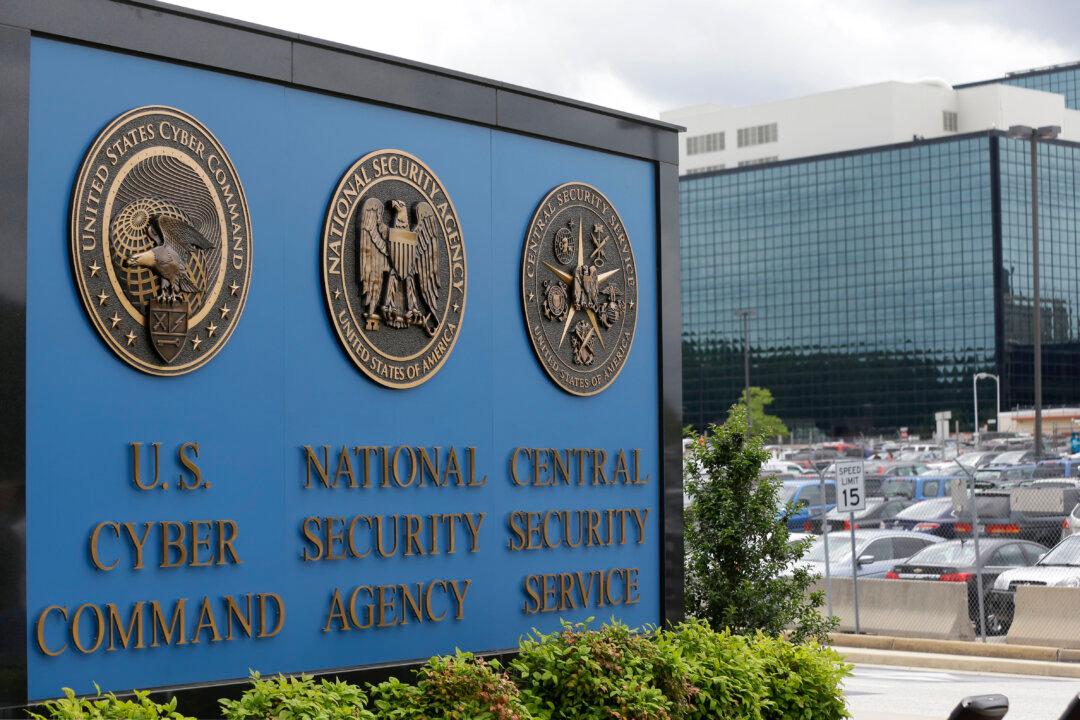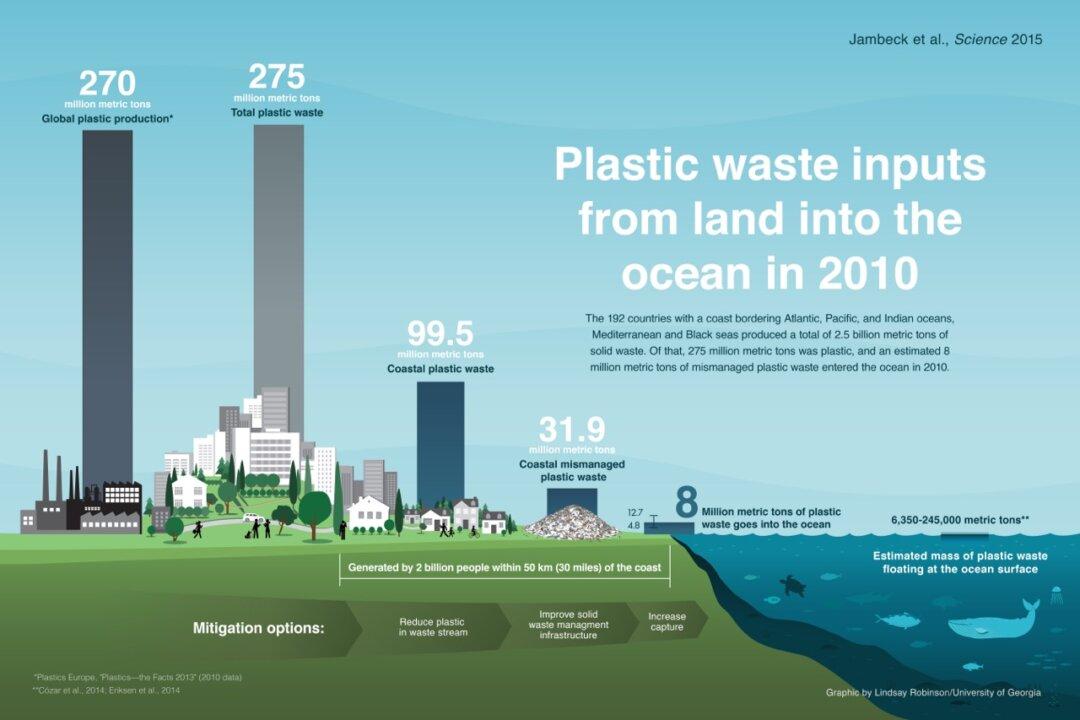As the revelations of former National Security Administration (NSA) contractor Edward Snowden continue to create headlines, the massive amount of backlash is leading to an increasing distrust on the part of consumers in online services.
“Experts have estimated that losses to the U.S. cloud industry alone could reach $180 billion over the next three years. Additionally, major U.S. tech companies like Cisco and IBM have lost nearly one-fifth of their business in emerging markets because of a loss of trust,” Robyn Green said in a report published last July, Surveillance Costs: The NSA’s Impact on the Economy, Internet Freedom & Cybersecurity. Robyn works at New America’s Open Technology Institute.
The Snowden leaks influenced Brazil to purchase 36 Swedish made Saab Gripen fighter jets for $4.5 billion instead of an equal number of Boeing produced F/A-18s, according to Welber Barral, who was Brazil’s trade secretary from 2007 to 2011, quoted in Bloomberg News.
“Boeing only didn’t win the deal because of the lack of trust created by the spying incident, had the decision been last year, Boeing would have won,” Barral said.




